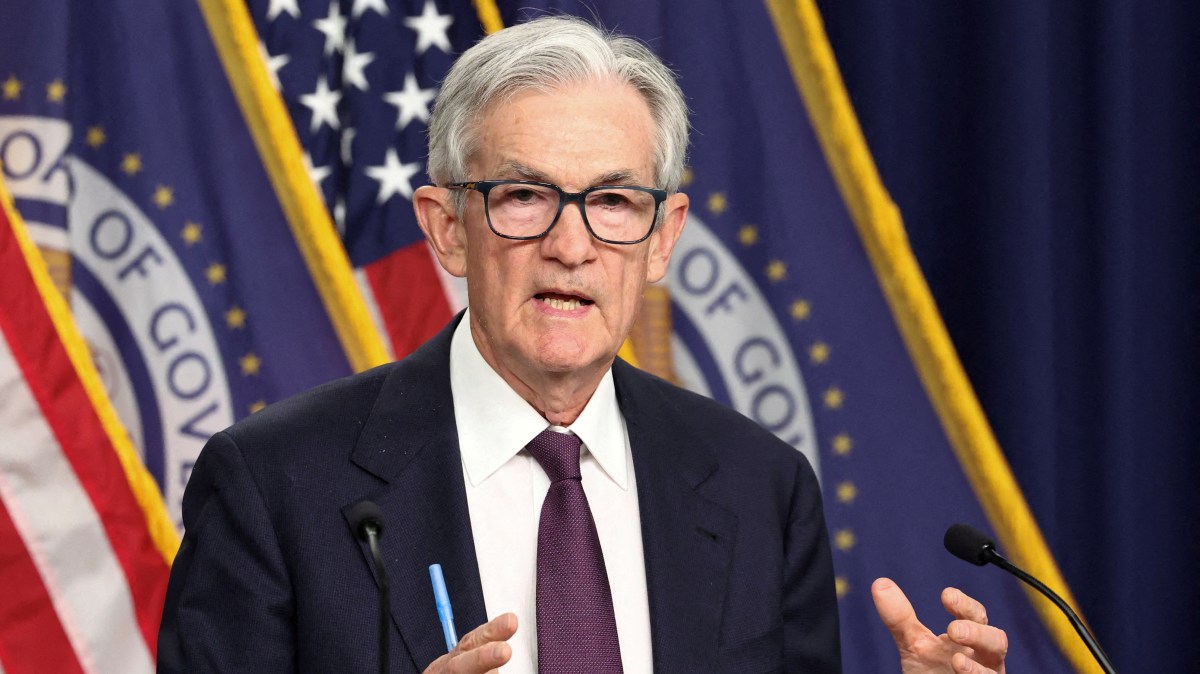Federal Reserve officials agreed earlier this month to hold off on any interest rate changes while they evaluated the impact of President Trump’s tariffs on inflation, unemployment, and the broader economy.
Minutes from their early May meeting, published on Wednesday, showed “almost all” of the 19 officials that participate in the Fed’s meetings on policy saw a risk that “inflation could prove to be more persistent than expected”.
The policymakers had greater concerns about higher inflation than rising unemployment, a key reason they left rates unchanged, the minutes showed.
• Gold price on course for steepest weekly fall in six months
At the May meeting, the Fed decided to hold the benchmark policy rate steady in the 4.25 per cent to 4.5 per cent range. After the meeting, Jerome Powell, the Fed chairman, indicated the central bank was effectively sidelined until the Trump administration finalises its tariff plans and the impact on the economy becomes clearer.
As of early May Fed officials also noted that volatility in bond markets in the weeks before the meeting “warranted monitoring”, and noted that a change in the US dollar’s safe-haven status, along with rising treasury bond yields, “could have long-lasting implications for the economy”.
Their decision to hold rates came despite Trump’s repeated calls to reduce borrowing costs because, in his view — expressed on his Truth Social platform — there is “NO INFLATION”. The central bank cut its key rate three times last year to about 4.3 per cent. However, Federal Reserve economists said during the May meeting that inflation “remained elevated”, the minutes showed.
Trump’s tariffs have created a dilemma for the Fed because the duties could both raise inflation, which the Fed would typically fight with higher interest rates, and slow the economy and push up unemployment, which the central bank usually tries to counter with lower rates.
• Surprise fall in US inflation after Trump’s ‘liberation day’
Officials “judged that downside risks to employment and … upside risks to inflation had risen, primarily reflecting the potential effects of tariff increases”, the minutes said.
Policymakers said there was “considerable uncertainty surrounding the evolution of trade policy” and its impacts on the economy.
“Taken together, (officials) saw the uncertainty about their economic outlooks as unusually elevated,” the minutes said.
Since the meeting many officials have underscored that the Fed may have to wait for some time before making any further moves with interest rates.
